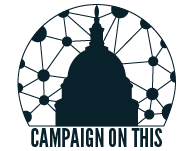In the wake of the assassination attempt on Donald Trump in July 2024, a spotlight has been thrown on the life and motivations of Thomas Matthew Crooks, the 20-year-old shooter who opened fire at a rally in Butler, Pennsylvania. While Crooks was shot and killed by a Secret Service sniper after wounding Trump and killing an attendee, much has since been uncovered about his background, his political affiliations, and the events leading up to the attack. Many Republicans are now pointing to this as an outcome of increasingly heated rhetoric surrounding the 2024 election, with Crooks becoming a symbol of how political violence has escalated in recent years.
Who Was Matthew Crooks?
Matthew Crooks was a resident of Bethel Park, a suburb of Pittsburgh, Pennsylvania. A 2022 graduate of Bethel Park High School, he had a reputation for being quiet and intelligent but somewhat isolated. Classmates described him as a “loner” who was often on the outskirts of social circles. Crooks excelled academically, receiving recognition for his achievements in mathematics and science, and he went on to study at the Community College of Allegheny County, where he graduated with high honors in engineering science.
Crooks was employed as a kitchen worker at a local nursing home and had no criminal record or history of violence. He passed background checks for both his job and his membership in the Clairton Sportsmen’s Club, where he legally practiced shooting with rifles. His family, who have cooperated with authorities, expressed shock over his actions, stating they had no indication of his violent intentions.
Political Affiliations and Donations
While Matthew Crooks was registered as a Republican, an unexpected detail emerged in the aftermath of the shooting—his small but notable donation to the progressive fundraising platform, ActBlue, in 2021. On January 20, 2021, the day Joe Biden was inaugurated as President, Crooks donated $15 to ActBlue, a platform that supports Democratic and progressive causes. This act raised questions about his true political leanings, with some speculating that Crooks’ ideology might have shifted over time or that his views were more complex than they appeared on the surface.
Though this donation was relatively small, it has become a point of contention in the narrative surrounding the attack. Crooks’ decision to contribute to ActBlue, despite being a registered Republican, has fueled speculation about his motives and the potential influence of political rhetoric on his actions.
The Assassination Attempt
On July 13, 2024, Crooks attended Trump’s rally in Butler, Pennsylvania. He was armed with an AR-15-style rifle, which he had borrowed from his father under the pretense of going to a shooting range. Crooks meticulously planned his attack, purchasing ammunition in advance and reportedly researching the layout of the rally location. According to the FBI, Crooks also conducted an internet search related to the assassination of John F. Kennedy, focusing on how far away Lee Harvey Oswald was from the president when he fired his fatal shots.
During the rally, Crooks positioned himself on a nearby rooftop, where he opened fire on Trump, grazing his ear. Trump was immediately rushed off stage by Secret Service agents, his ear visibly bleeding. Tragically, one rally attendee was killed, and two others were injured. The attack lasted only seconds before a Secret Service sniper shot and killed Crooks.
The attack sent shockwaves across the nation, not only for its direct assault on a former president but also because it underscored the growing threat of political violence in America.
The Role of Political Rhetoric
In the aftermath of the assassination attempt, Republicans quickly pointed to inflammatory rhetoric from Democratic leaders and influencers as a contributing factor. They argue that recent characterizations of Trump as a dictator and existential threat to democracy may have created a climate where violence seemed justified to someone like Crooks.
One of the key points Republicans have seized upon is a comment made by President Joe Biden during a private call with donors, in which he reportedly said, “It’s time to put Trump in a bullseye.” Although Biden later condemned the assassination attempt, Republicans argue that his language, combined with other inflammatory statements, may have helped push Crooks toward violence.
Influencers like Harry Sisson, a vocal Biden supporter, have also come under scrutiny. In recent months, Sisson made comments suggesting that Biden would “take out” Trump in the upcoming election. Such statements, Republicans say, foster a climate in which individuals like Crooks might feel emboldened to commit acts of violence.
Republican lawmakers, including Sen. Marsha Blackburn and Rep. Lauren Boebert, quickly linked Crooks’ attack to the Democrats’ heated rhetoric. They cited Biden’s “bullseye” comment as a prime example of how political discourse had devolved into dangerous territory. Sen. J.D. Vance also weighed in, accusing Democrats of stoking fears about Trump’s re-election to the point where violent action became conceivable to extremists.
The Broader Impact of the Attack
The assassination attempt has already reshaped the political landscape as the 2024 election heats up. Questions about the adequacy of Trump’s security have led to calls for investigations into the Secret Service’s handling of the event. Critics argue that there were warning signs, such as Crooks’ suspicious behavior near the rally, which should have been addressed earlier. Additionally, the incident has deepened the ideological divide in America, with both sides blaming each other for creating the conditions that led to such an extreme act of violence.
While Democrats have denounced the attack and emphasized the importance of unity, Republicans remain critical of what they see as a lack of accountability for the heated rhetoric that preceded the shooting. The attack has not only raised security concerns but has also fueled debates about the role of political language in inciting violence, potentially setting the tone for a more charged and contentious election season.
Conclusion
Matthew Crooks’ assassination attempt on Donald Trump was a tragic and alarming act that highlighted the dangerous intersection of political rhetoric and violence in modern America. While Crooks’ motives remain unclear, his actions have prompted serious questions about how political leaders and influencers shape the climate of discourse in the country. As the 2024 election approaches, the aftermath of this attack will likely influence the strategies, rhetoric, and security measures of both parties moving forward.




